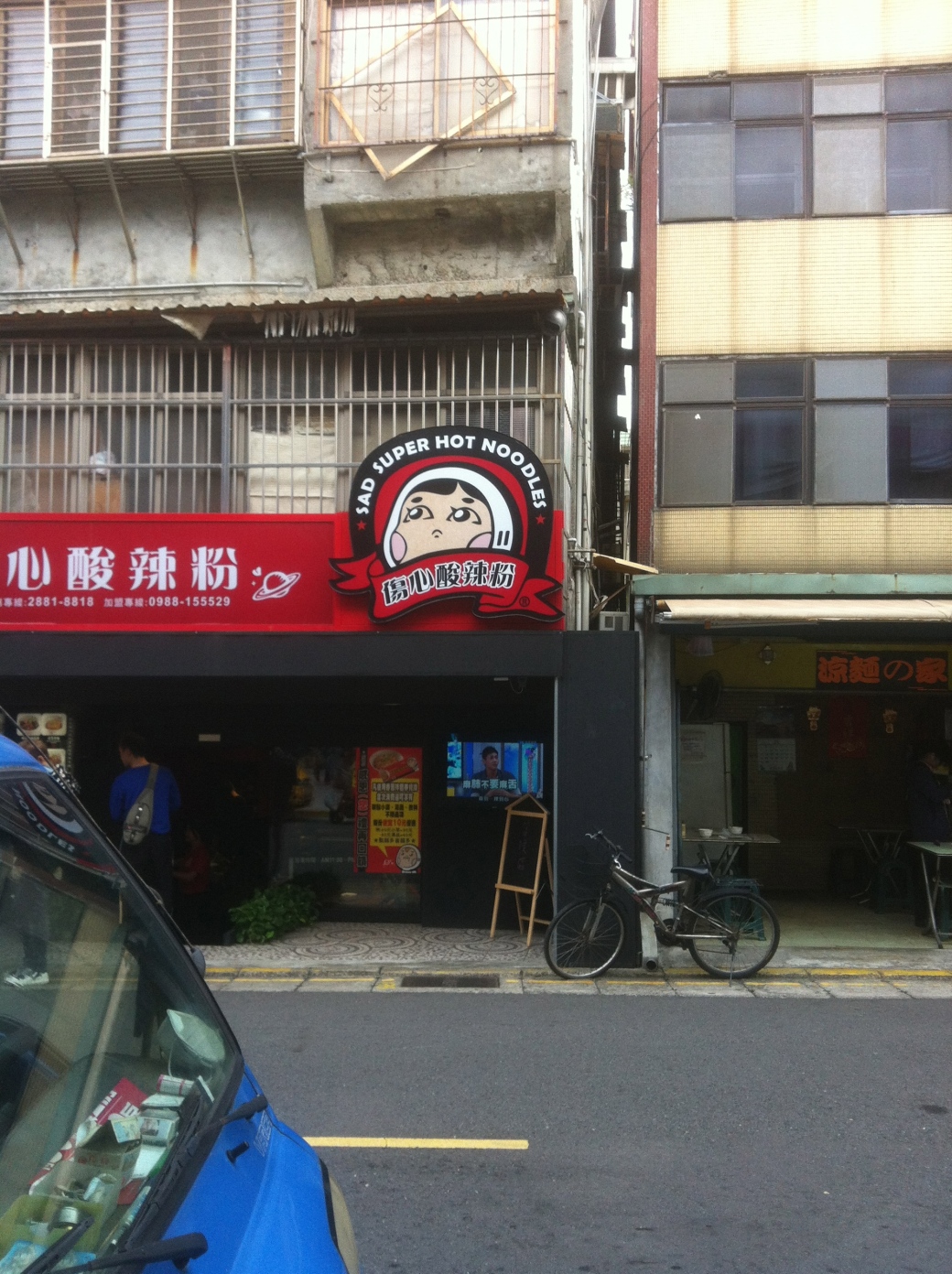Anyone who’s ever taught with me, seen me teach, or even heard my stories knows that I am incapable of harshly disciplining my students. As a teacher for Best Delegate in summer 2014, I never got mad at my students for submitting papers late; instead, I would stay up late and grade them, or wake up early, just so I could be sure to provide my students with adequate feedback by the next morning. It didn’t matter if they turned it in at 3am despite the 10pm deadline. The next day, it would be graded, with ample feedback for improvement and a smile on my face. Maybe not the best way to teach students the importance of deadlines, but they worked so hard that I just couldn’t be upset with them.
This year, as an elementary English teacher, I’ve faced some of these same difficulties. When students speak out of turn in class or fail to follow directions, I find it difficult to yell at them. Naturally, part of this is due to the language barrier I face. I do not feel effective yelling or speaking harshly in Chinese, and my students will not understand me if I do so in English. So, to an extent, my lack of desire to discipline harshly is due to uncontrollable factors. However, I know myself and how I feel about teaching and my students, and know the language barrier is only a small factor.
As I’ve mentioned in previous posts, I teach at two very small, rural elementary schools in the most remote county in Taiwan. Each of my schools encompasses grades one through six. One school has 56 students, and the other has just under 90. One of these schools consists of students who are members of Taiwan’s Rukai tribe. They all live in the same tiny indigenous village. They have very little, and often have to take care of themselves and each other. Interacting with these students, I’ve realized that school is so much more important than simply a place for students to go learn information and get good grades. I’ve also quickly realized that grades do not serve as a form of motivation for most of these students, and keeping them engaged in learning English can be difficult.
Small class sizes make it impossible to not get to know my students’ individual personalities, motivations, and interests. It also makes it impossible not to realize that a large number of my students see little or no importance in learning English, and have no intrinsic motivation to learn the language. This, combined with a lack of support from their parents and little to no focus on academics at home, can sometimes make teaching English to these students an uphill battle.
Because of this lack of motivation, it would be easy for a teacher to come into the classroom and yell at the students every time they are off task or not putting in the effort to do well in the class. However, neither my LET nor I take this strategy, for several important reasons upon which I would like to elaborate:
- Yelling at the students will not make them want to learn English in the long run. Sure, maybe they will be temporarily motivated in order to escape their teachers’ wrath or earn a passing grade in the class. But this motivation is fleeting, and ultimately fails to achieve the goal of Taiwan’s entire primary and secondary school English program, which is to create proficient English speakers.
- Some students simply are not motivated to get good grades. Threatening a student with failing grades or incompletes on homework assignments isn’t going to help if the student is already failing. This is a sign that grades simply are not important to the student, a characteristic that many of my own students embody.
- The student should ENJOY the class. How is yelling at them or threatening them going to accomplish this? It’s not. Learning can be fun, even if a student doesn’t have a striking interest in a subject. For example, growing up, I never had an interest in history or geography; instead I was a complete math and science buff (oh how things have changed…). However, I had a couple of excellent history teachers whose classes I thoroughly enjoyed, even if I did not find the subject matter itself particularly engaging. It’s possible. I also grew to hate science due to a series of teachers who seemed more concerned about making their classes difficult than actually teaching the material and helping their students achieve success. So this can work both ways.
I believe it is possible to motivate a student to grow and learn a subject without threatening them, yelling at them, making the class unnecessarily difficult, or straight up failing them. One simple way to do so is by trying to connect with them, and giving them enough positive reinforcement so they can find joy in doing well on a test or assignment. This transformation has occurred this year with one of my sixth grade students, Oscar. Oscar started the year failing the majority of his English tests and quizzes and not seeming to care. His attitude toward English class was poor. Often, he wouldn’t even finish a test, he would just give up partway through. However, throughout the semester, we’ve continued to invest time and energy into teaching Oscar English. We’ve made the class fun, and allowed him to participate regardless of whether he knew the material or not. Slowly, this participation led to success for Oscar. Once he realized this success was possible, he was excited at the idea of doing well. A few times, he got every answer on a workbook exercise correct, and was very proud of his success afterwards. Yesterday, Oscar took his final exam for the first semester. He spent the entire period working on the test, stayed very focused, and clearly cared about how it went (and got a 77, MUCH higher than the 30s and 40s he’s received in the past!). This improvement in attitude was achieved through significant positive reinforcement, and taking an active interest in Oscar’s success and motivation to learn English, rather than his grades or current knowledge.
I’ve had similar experiences with other students at my schools. Every year, there is a huge Readers’ Theatre (RT) English Competition for elementary schools. We allowed anyone to join; rather than limiting it to the best English students, participation in RT was first come, first serve. This served as motivation for several of my fifth grade boys, who definitely showed increased interest and participation in English class after participating in RT and learning that they CAN speak English (and have some fun while doing so). Although they did not win, the confidence some of these students gained from RT was invaluable.
These experiences have made me examine how my past teachers, particularly in younger grades, motivated me. Sure, I’ve always been very intrinsically motivated when it comes to grades and academics, so much so that even my parents have made fun of me for being upset over A minuses. This has made me realize how important it is to motivate every student, regardless of his or her grade in the class. It’s just as important to motivate the students with high As as it is to motivate the students who are failing. Every student deserves that attention, especially at the elementary school age. I had teachers in the past who worked to motivate their students one step further, beyond simply receiving an A in the class. For example, my sixth grade science teacher created a program called the “no homework club.” Through this club, if a student received a 97% or above on two consecutive tests, he or she no longer had to turn in their homework. After two tests, this continued on a test by test basis. It was genius, because I was so determined to make it into this “no homework club” that rather than studying to get an A, I studied to get a perfect score. Once gaining entry into the no homework club, I probably spent more time learning each unit so I could continue to stay in the club than I would have had I been doing the homework to turn in. As a result, I became very enthusiastic about the class, more so than the rest of my classes that year.
As a teacher, motivating my students and taking a vested interest in them will always be at the top of my agenda. Regardless of subject matter, student body makeup, school resources, and teaching ability, this is something every teacher can and should focus on. It takes little more than effort on the part of the teacher, yet can go such a long way in transforming a student’s early education. It may not get every student an A, but it will result in improvement.
**This is not to discount methods of discipline in any way. It is simply my own opinions on the importance of finding ways to motivate students beyond harsh discipline, based on my own experiences as both a teacher and a student.
(Below are some pictures of the students who remind me every day the importance of never giving up on a student.)

Third graders on a field trip

Fourth graders on a field trip

Third and fourth grade at my aboriginal school on a field trip

Silly second graders

Field trip with Dong Cheng

Field trip with Dong Cheng

Sports day at Dong Cheng

My RT kids

He hates writing English – but he wrote me a Christmas card in English!

Third grade at my aboriginal school on Christmas

Oscar on Halloween

Two of my RT kids, who started participating in English class so much more!

More RT kids – they did the competition as fourth graders!




















































































































































